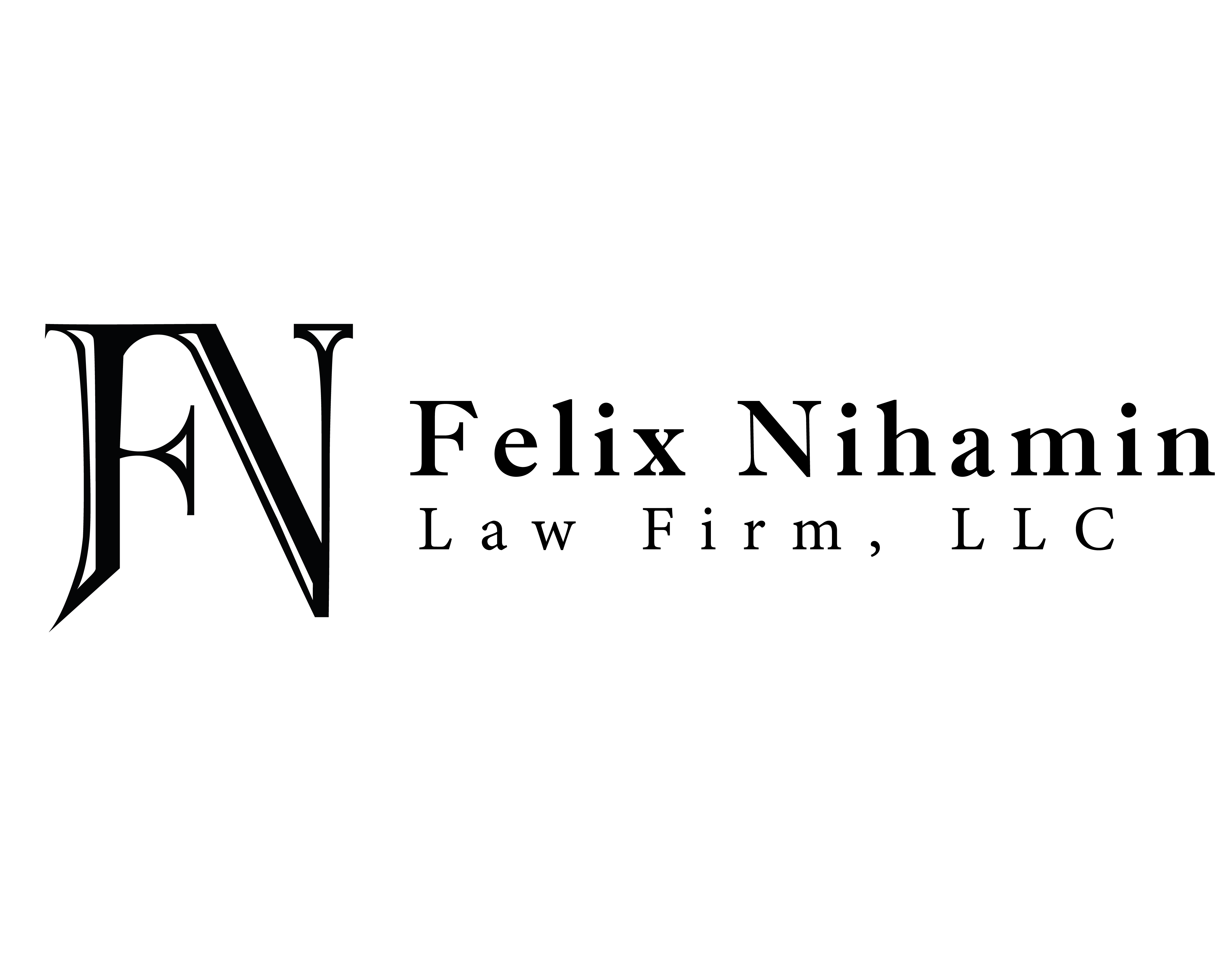It is clear that the COVID-19 pandemic has disrupted industries across the board and economies around the world. Unemployment rates are historically high, the Dow is inconsistent and alarmingly shaky and business bankruptcies are skyrocketing. How then, is the housing market booming and getting hotter, especially in the second-home real estate market, which typically trends downward in global financial crises? As realtors and industry experts observe, markets outside of metropolitan areas that have more space, nature and amenities, such as the Jersey Shore, the Hamptons, Aspen and Lake Tahoe are saturated. These locations that were once vacation destinations are now dubbed “Zoom Towns” as remote-working city dwellers seek refuge in coastal and mountain areas.
Other contributing factors to this pandemic housing boom are record low interest rates and millennials reaching the home-buying age. With remote work freeing much of the workforce from the concrete jungle and the daily commute, many Americans, especially employed 30-somethings, are leaving small rentals in trendy, expensive urban areas and instead opting to purchase a home outside city centers. In fact, Redfin’s data shows more searches and higher price increases in suburban and rural housing markets.
“The New Jersey housing market is not only booming, but it is saturated with qualified buyers. Demand is high and current inventory is not sufficient to meet the demand. Typically, multiple offers come in over asking price, resulting in competitive bidding wars,” states Francesca Messercola, Sales Associate Team Lead, Team Messercola Real Estate with Keller Williams Prosperity in Wayne, New Jersey. Adding that, “Another factor driving the market is the moratorium banks have on REOs – no foreclosures are hitting the market, which is driving demand as well.”
As the real estate boom is expected to trend upwards for the foreseeable future, it is likely that what is already an extremely competitive market will continue to get more aggressive. As a result, high traffic, increasing demand and low inventory inevitably results in bidding wars. Now more than ever, buyers must be prepared to make themselves as attractive and viable to the sellers as possible. For example, buyers should have their loans pre-approved and underwritten, rather than a simple “pre-qualified,” to illustrate that the buyer has already been in essence “approved” for the loan, pending the home appraisal. Buyers should also consider limiting inspection related concerns to major structural, systemic and environmental concerns, to provide the seller comfort and confidence that the buyers are motivated to consummate the transaction.
“The ideal scenario for a buyer is to invest time with a preferred lender who can run credit, underwrite a loan and issue an approval, which offers potential buyers the most buying power and leverage,” said John Rondi, a loan officer with HarborOne Mortgage. Adding that “In today’s market, many competitive offers are in play. Potential home owners need to put their best foot forward with the cleanest of all circumstances. Connect with your preferred lender, invest the time and commitment documentation to support the application for pre-approval.”
As this environment continues to ramp up, real estate transactions will get increasingly more intense and require efficiency, tenacity and swift action. FNL specializes in New Jersey real estate transactions, representing buyers and sellers of residential and commercial properties, and works closely with industry professionals who are experts in their fields in order to make sure your matter closes while you are properly advised and well protected.
